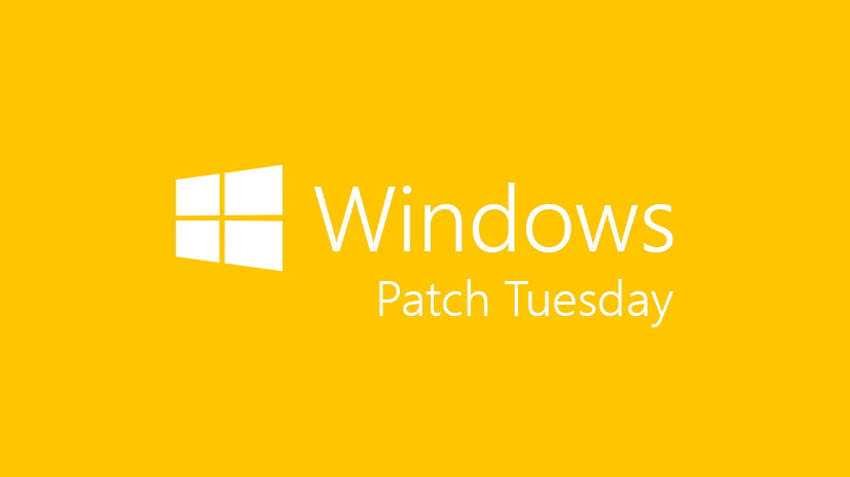Microsoft released a total of 10 security updates in Patch Tuesday, of which at least 5 are listed as critical. One of these classics is an update for Adobe Flash Player.
So if you are using Windows you should give priority to installing MS16-118, which is a cumulative security update for Internet Explorer.
All versions of the browser still supported by Microsoft are updated by this version and protect them from a exploit which allows attackers to gain the same privileges as logged in users.
MS16-119 is a cumulative security update for Internet Explorer and Microsoft Edge.
MS16-120 is a security update for Microsoft Graphics, which resolves vulnerabilities in Microsoft Windows, .NET Framework, Office, Skype for Business, Silverlight, and Microsoft Lync. Users of these softwares should stay away from documents they do not trust, according to the company.
MS16-122 should also be given priority because it corrects imperfections in Windows, according to the official documentation provided by Microsoft. This update is also marked as critical.
The vulnerability could allow remote execution code and if the Pickupsoft Video Control fails to handle memory objects correctly. An attacker who could exploit the vulnerability could execute arbitrary code as the logged-in user.
And lastly MS16-127, which is the critical security update for Adobe Flash Player available through Windows Update. For those who do not know, Flash Player comes pre-installed on Edge and Internet Explorer.
After updates, your system will have to be restarted.





